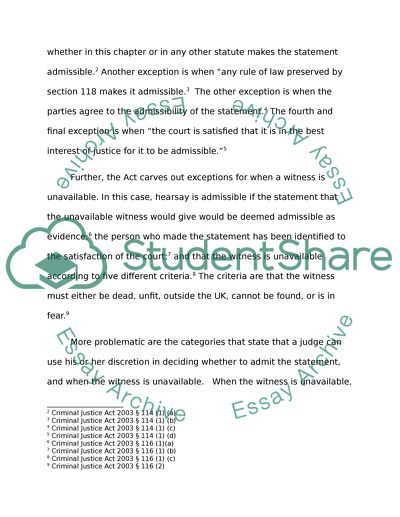Cite this document
(“Has the Criminal Justice Act 2003 effectively removed the rule against Essay”, n.d.)
Retrieved from https://studentshare.org/environmental-studies/1416080-has-the-criminal-justice-act
Retrieved from https://studentshare.org/environmental-studies/1416080-has-the-criminal-justice-act
(Has the Criminal Justice Act 2003 Effectively Removed the Rule Against Essay)
https://studentshare.org/environmental-studies/1416080-has-the-criminal-justice-act.
https://studentshare.org/environmental-studies/1416080-has-the-criminal-justice-act.
“Has the Criminal Justice Act 2003 Effectively Removed the Rule Against Essay”, n.d. https://studentshare.org/environmental-studies/1416080-has-the-criminal-justice-act.


